There are enough high-profile athletes following a vegetarian or vegan diet to know that it is possible to win on alternative, meat-free food. The key is to recognize where you may have difficulty meeting your bodies nutritional requirements and take action to avoid problems.
There are seven primary nutrients that are critical for athletes and may be lacking in vegan diets, these are: omega-3, iron, zinc, iodine, calcium, vitamin D, and vitamin B12.
OMEGA-3
Omega-3 fatty acids are essential to human health, meaning they must be consumed in the diet. They are also highly anti-inflammatory, which may be beneficial for athletes as exercise increases inflammation levels.
Although plants do contain one type of omega-3, called ALA, there is no source of the other two critical omega-3 fats EPA or DHA in a vegan diet.
The problem is that ALA is the non-active form of omega-3s and must be converted to active EPA or DHA before being used by the body.
This is an extremely ineffective conversion, with only 1% of ALA becoming activated on average. Vegan athletes may want to consider supplementing with EPA or DHA, due to the known health benefits of these healthy fats.
Vegan Omega 3 DHA is extracted from Algae and is a fairly straightforward and cost effective process.
EPA is also available form algae but this is more difficult and usually carried out in a laboratory, this is why supplements that contain both DHA and EPA are less common and much more expensive.
Read our Ultimate guide to Omega 3 for Vegan Athletes
IRON
Iron is an essential mineral found in every cell of the body. Its main role is to transport oxygen in the blood to the tissues. Iron ensures that muscles work properly and helps the body convert carbohydrates into energy during exercise.
During post exercise recovery, iron helps produce new cells, proteins, and hormones that increase our strength.
Anemia caused by Iron deficiency is very common and highly damaging to athletic performance.
As the body can’t produce iron it’s important to consume adequate amounts from the foods you eat.
The two forms of dietary iron are Heme Iron and Non-Heme Iron: Heme iron is found only in meat, poultry, seafood, and fish, Non-heme iron is found in plant-based foods like grains, beans, vegetables, fruits, nuts, and seeds as well as in eggs or milk/dairy.
Our bodies absorb the iron from animal-based protein (heme iron) better than the iron from plant-based protein (non-heme).
This is one reason why a vegan is more at risk to develop iron-deficiency anemia than people who eat meat; the exclusively non-heme iron found in plants just isn’t as available to our bodies as heme iron is.
Bioavailability of Iron is notoriously poor especially for vegans. Vegan athletes need to be sure to eat high iron foods regularly such as beans, fortified cereals, or green leafy vegetables.
Vitamin C helps absorb iron, so it is useful to pair high iron foods high vitamin C foods. For female athletes, iron needs are particularly high, therefore they should be monitored regularly for iron deficiency and may need to take iron supplements.
ZINC
Zinc helps support immune function and gene expression. But as with Iron, it’s not well absorbed from plant foods due to the phytate content of these foods. Phytate binds to zinc in the digestive tract, lowering absorption significantly. Zinc is also better absorbed when consumed with protein.
A 2009 study found that vegetarians have a higher prevalence of zinc deficiency when compared to non-vegetarians. Athletes should therefore consider taking supplements and eating more high-zinc plant foods such as hemp or pumpkin seeds.
IODINE
The function of the thyroid gland is to take iodine and convert it into thyroid hormones: thyroxine (T4) and triiodothyronine (T3) which are critical to sports performance.
Many vegans and vegan athletes are iodine deficient. A 2003 study found that 80% of vegans had too little iodine.
Iodine is lost through sweat so athletes have even higher Iodine requirements than usual.
Thyroid hormones perform many key functions in the human body including regulation of body temperature, metabolism and play an important role in how an athlete creates and uses energy.
Thyroid hormones bind to receptors on each cell’s membrane surface and inside the cell at the mitochondria where energy is made. Binding activates the cell’s energy and metabolic functions.
To further convert thyroid hormones into activated forms the body can use, sufficient levels of magnesium, iron, selenium, vitamin C and zinc are also required.
Key hallmarks of iodine deficiency and low thyroid function in athletes include:
- Fatigue and low stamina which can really cause havoc to an athlete’s training and racing season
- Lethargy, muscle aches, cramps, pains and weakness
- Low basal body temperature (temperature first thing in the morning)
- Intolerance to cold weather
- Cold hands and feet
- Slow brain function, poor memory and “foggy” brain
- Constipation
- Joint pain
- Thin, brittle hair or hair loss
- Dry flaky skin
- Menstrual disorders and fertility problems
- Weight gain and slower metabolic rate
Iodine comes from the soil and is absorbed by plants. As soil has been overworked it’s nutrient content has reduced dramatically. Also vegetables are washed so thoroughly that any soil traces we used to eat no longer exist.
A really low cost alternative is Iodized salt, but of course we are all trying to cut our salt intake so this may not be a suitable option for many vegans.
A 2003 study found that 80% of vegans were deficient in iodine. Vegan athletes concerned with iodine intake should consider adding seaweed to their diet alternatively consider taking a supplement.
CALCIUM
Calcium is important for achieving and maintaining optimum bone density and muscle function. It’s especially important for athletes because they are more likely to lose calcium, as well as other minerals, through perspiration.
As well as being important for strong bones, calcium is required for muscle contraction and calcium deficiency can lead to muscle cramps
There are many plant foods that contain calcium, such as green leafy vegetables, nuts, and seeds.
Bioavailability of calcium in these foods is a significant concern. Certain components in plant foods, such as oxalic or phytic acids, can reduce the ability of the body to absorb calcium from plant foods.
For example, soy beans which are considered high in calcium, have been shown to have a bioavailability of only 30-40%.
Vitamin D 's most important role is maintaining blood levels of calcium. Therefore, many doctors recommend that those supplementing with calcium also supplement with 400 IU of vitamin D per day
In planning a nutritionally adequate diet for a vegan athlete, the low bioavailability of calcium in plant foods needs to be taken into account.
VITAMIN D
Vitamin D status is essential for bone and skeletal health. research also shows it has an important role for non-skeletal functions including skeletal muscle growth, immune function, inflammatory modulation and athletic performance.
Research also shows that vitamin D deficiency increases risk for numerous chronic and inflammatory diseases including hypertension, cardiometabolic disease, arthritis and certain cancers (Holick, 2007) which can occur even in athletes.
Vitamin D is a critical component of Calcium absorption
Most of our vitamin D needs can be met from exposure to the sun which is why many people in Northern European and North American countries are deficient in vitamin D.
The best food sources for vitamin D other than sunlight are fish and fortified milk, mushrooms also have a small amount.
Athletes who follow a vegan diet may need to take a Vitamin D supplement.
VITAMIN B12
Vitamin B12 is of particular concern for vegans as it is very important and is only found in animal foods. It’s role is critical for DNA synthesis and nervous system function. Deficiency can result in irreversible neurological damage and an increased risk for heart disease.
Most vegans supplement with vitamin B12, since there is no other reliable source of this critical vitamin in a plant-only diet.
Read our Ultimate Guide to Vitamin B12 for Vegan Athletes
PROTEIN
The biggest concern in terms of nutrition for vegan athletes is getting enough protein. Protein is needed for muscle synthesis and proper recovery after exercise. Exercise causes muscle breakdown, therefore some replenishment of protein is essential after physical activity to rebuild muscles.
Protein is readily available in a plant diet but the protein density of most plants means that taking a supplement is essential for most athletes to meet their requirements, especially when they first transition to a vegan diet and haven't developed a high protein vegan diet plan.
Proteins are the most popular dietary supplements by a long way for all athletes’ not just vegans athletes.
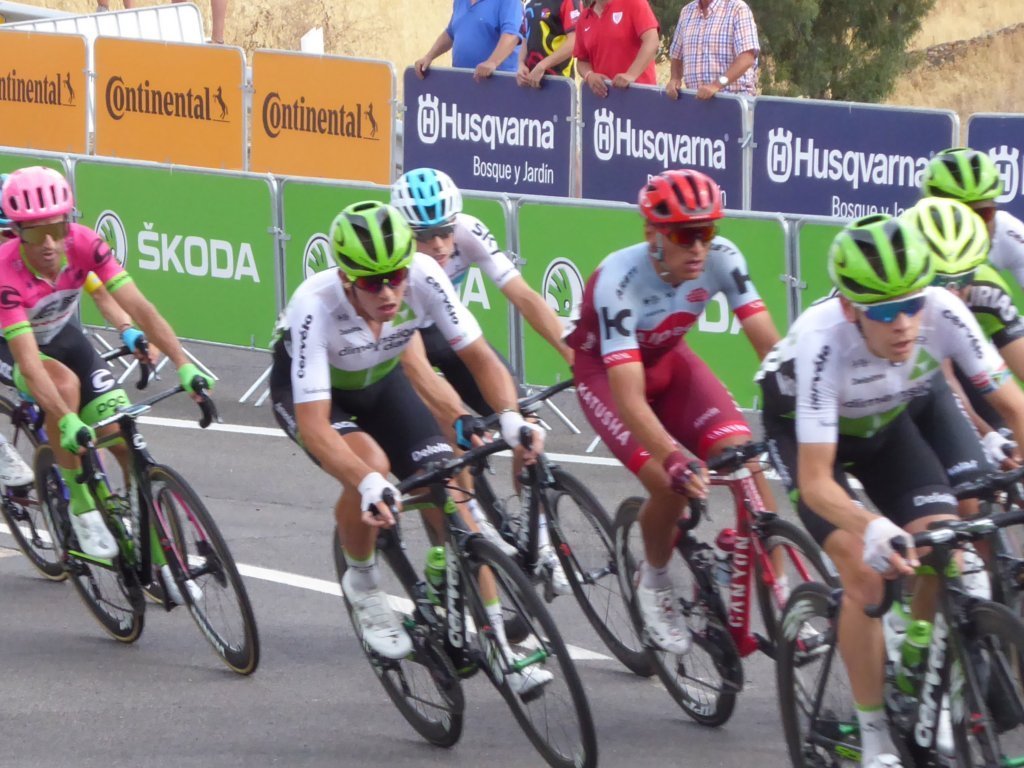
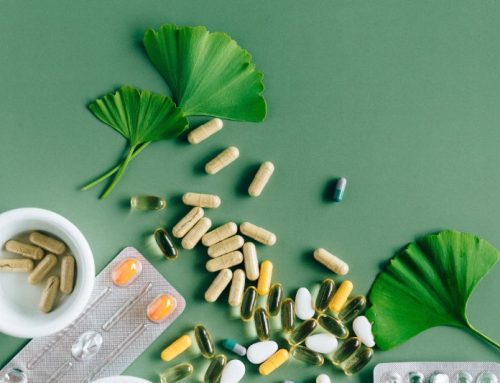
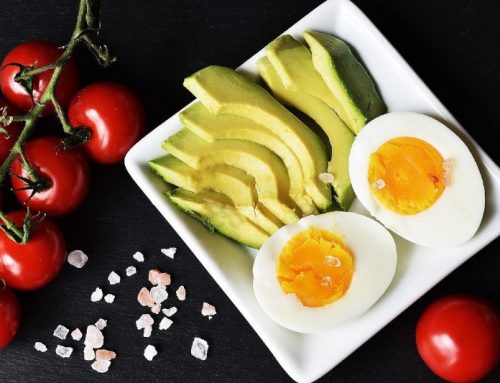

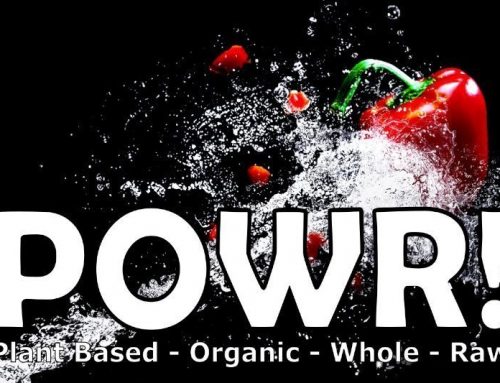
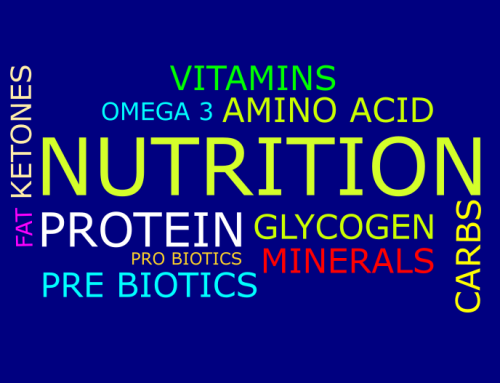
Leave A Comment
You must be logged in to post a comment.